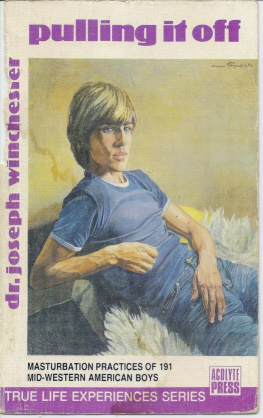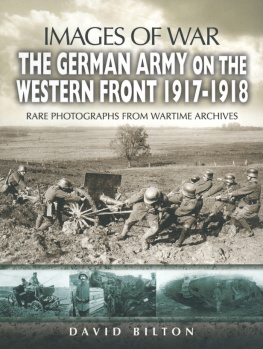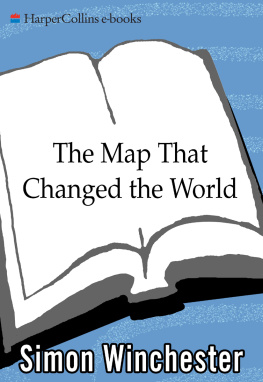PREFACE.
Table of Contents
The greater part of this short narrative was written years ago. At that time it was intended for publication. But for several years past the writer had declined ever letting it come before the world; and had it not been for the solicitations of friends, it is highly probable this intention would never have been changed. But relying upon the opinion of those whom he believed to be well qualified to judge of it, and believing them to be sincere in their expression of opinion, I have consented to let it go and take its chance before the public.
It was found difficult to give such an account of that part of the campaign which it was thought to be most important, without commencing as far back as the departure of the army from Kentucky. This part of the history has, however, been passed over very rapidly, perhaps rather too much so to make it at all satisfactory. The writer is aware that he has omitted much which would have added to the interest of this little history; but he has not leisure to go over it again. History has given us an account of the sufferings of the North-Western Army only in general terms, but no where, so far as I have been able to learn, has there been given a particular detail of the sufferings and privations of that detachment of the army.
I think it proper that the rising generation should know what their fathers suffered, and how they acted in the hour of danger; that they sustained the double character of "Americans and Kentuckians." This narrative has been made as concise as I could conveniently make it, and on that account, perhaps, the writer has not said all that might, and that should have been said. But it is hoped that what has been said will be sufficient to give the youthful reader some idea of what that "Spartan band" were called to endure. To the old men of our country these things, perhaps, will not be new.
With regard to the massacre at Raisin, the writer has related nothing but what he saw. What is said in reference to the brave Hart and Hickman, he witnessed with his own eyes.
It may be thought that I have been a little too severe in what I have said of British officers. Should any think so, all I have to say is, had they seen and felt what we did there would have been no difference of opinion. By some it will be thought strange to find the savages, in point of feeling and humanity, placed above the Britishbut the truth ought always to be told.
One thing the writer regrets, and that is his being compelled so frequently to speak of himself. But he found it impossible to give a full narration without it. Nothing is aimed at but a plain unvarnished statement of facts, a sober description of scenes, in the principal part of which the writer himself was an actor.
NARRATIVE.
Table of Contents
The volunteers from Kentucky, under the command of Colonels Allen, Lewis and Scott, left their homes on the 12th of August, 1812, and rendezvoused at Georgetown. Thence took the Dry Ridge road to Cincinnati, where we remained a few days. We then pursued our march through the State of Ohio, by the way of Piqua; from which place we were called to the relief of Fort Wayne.
Nothing worthy of public notice occurred on the way, except the alarm we had at the camp we called "Fighton," which every soldier that was on the ground no doubt recollects. Though we were alarmed at Piqua, by one of the sentinels shooting at a horse, yet we had seen nothing such as occurred here. It was a dark rainy night, just such a time as the Indians would choose to make an attack. We anticipated danger, and made arrangements to meet it. The army encamped in a hollow square, within a strong breastwork, and guards were placed at every point. Whether there were Indians about or not, some of the guard thought they heard them, and many guns were fired on post, and all the camp called to arms. The line of battle was more than once formed during the night, and at one time kept under arms an hour and a half. As this was the the first campaign with most of us, and also the first alarm worthy of notice, it is not easy to imagine the degree of excitement produced throughout the camp. It fell to my lot to be on guard that night, and at the time of the greatest alarm was on post; the guard was not relieved for near an hour after their time had expiredan attack being momently expected.
When we arrived at Fort Wayne, we found that the Indians which had annoyed the fort for some time, had retreated. We were then ordered to march to two Indian towns, for the purpose of burning the houses and destroying their corn. When we had accomplished this, and returned to Fort Wayne, we there met the Kentucky mounted volunteers under the command of Colonel Simrall. We marched from Fort Wayne on the 22d of September, and pursued Wayne's route down the Miami towards old Fort Defiance, where we arrived on the 30th. During the latter part of this march we were frequently annoyed by the enemy. Our advance party of spies fell in with a body of Indians, and a small skirmish ensued, in which one of the spies was slightly wounded, and several of the enemy killed; the exact number could not be ascertained, as the Indians always carry off their dead when practicable. The day before, Ensign Liggett, of the regulars, with four men, was pursued by this body of Indians, massacred and scalped. The loss of Ensign Liggett was much lamented, as he was a promising young officer, remarkable for bravery and intrepidity. He had left the company of spies, with his four companions, to examine the country around Fort Defiance, and had advanced several miles ahead of the partywhere they were killed. Many of Ensign Liggett's friends are still living in Kentucky.
The annoyance from the enemy greatly retarded our movements, as it was impossible, with any degree of certainty, to ascertain either their situation or force. In crossing the river, however, their whole movements were discovered. The British, with their artillery from Detroit, and a large party of Indians, were progressing towards Fort Wayne. After engaging our spies, and annoying our advanced guard, they faced to the right about and retreated precipitately. Owing to the situation of the army (being short of provisions) it was impossible, by forced marches, to intercept them. At this time Captain Bland Ballard showed his skill in Indian fighting, by making good his retreat, for which he deserves much. His Lieutenant, Munday, who had parted with him in the morning, also effected a retreat, by charging upon the Indians, before they ascertained his numbers, and then dashing into camp. The next day our spies had an actionhad one woundedand saw several Indians fall. The day following the Indians showed in front of the spies, and snapped at one of our mena fire was returned, which left blood where the Indians stood. The Indian spies were on horse back, which rendered it difficult to ascertain their situation. Our spies could not, with propriety, venture far from us, and we could not advance until the country was reconnoitered, consequently our march was slow. A short turn to the right, however, and crossing the river at an unexpected place, gave us the advantage. After crossing the river we saw that the enemy had artillery, and were ahead of us. We were now within six miles of Defiance. It was very bushy for more than a mile before we approached the fort. The army remained at camp that morning, and sent out spies in every direction; when they returned, they reported that the enemy had gone off down the river. It was then deemed inexpedient to move so late in the afternoon. It was supposed there were from one to two hundred British, with from two to five pieces of cannon, and from four to six hundred Indians. The artillery was certainly brought up by water to this place, and reembarked here again. Their object must have been Fort Wayne. By this time we became very scarce of provisions, having nothing for some days but the poorest beef. Some of the men began to murmerand some went so far as to talk of returning homebut when this was known by the officers, measures were taken to put a stop to it. Colonel Allen, in an animated and encouraging address to his men, banished the idea of shrinking in the day of adversity. Captain Simpson, also, was not unemployed. This was the first time we had sensibly felt the want of bread.


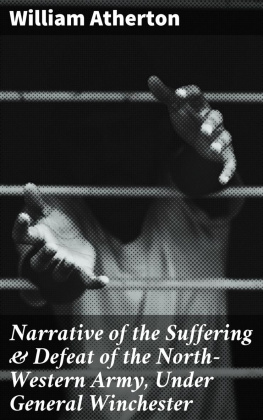


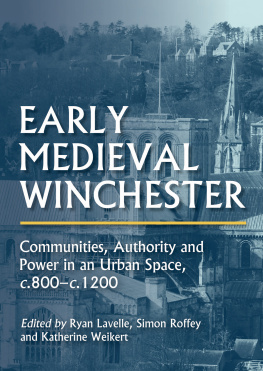
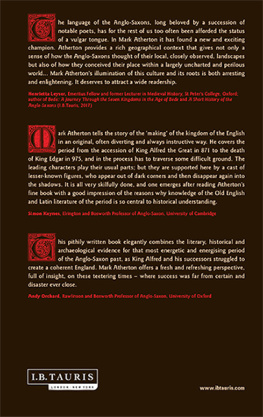
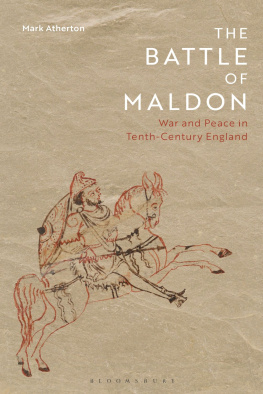
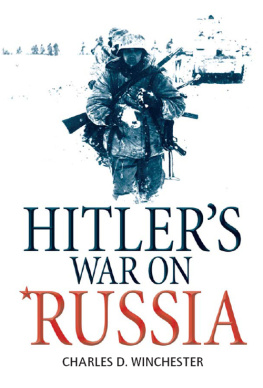
![Atkinson - An army at dawn: [the war in North Africa, 1942-1943]](/uploads/posts/book/178818/thumbs/atkinson-an-army-at-dawn-the-war-in-north.jpg)

